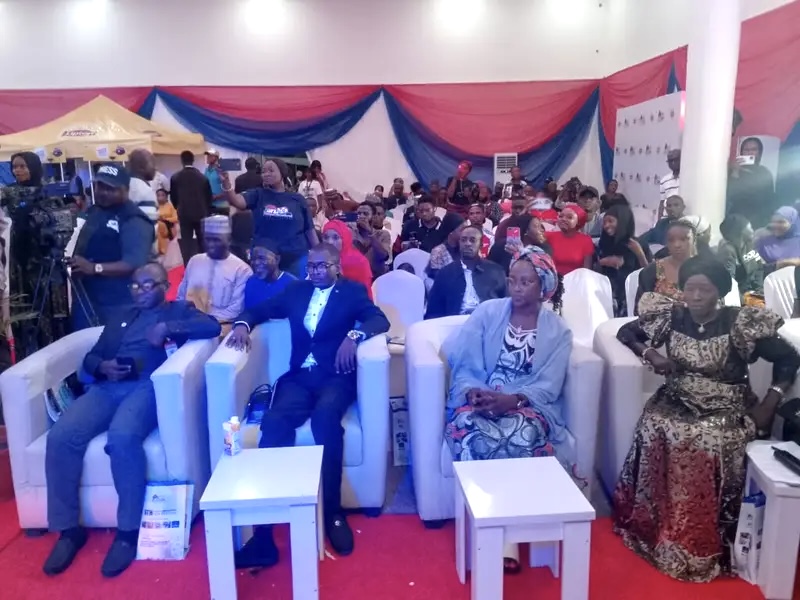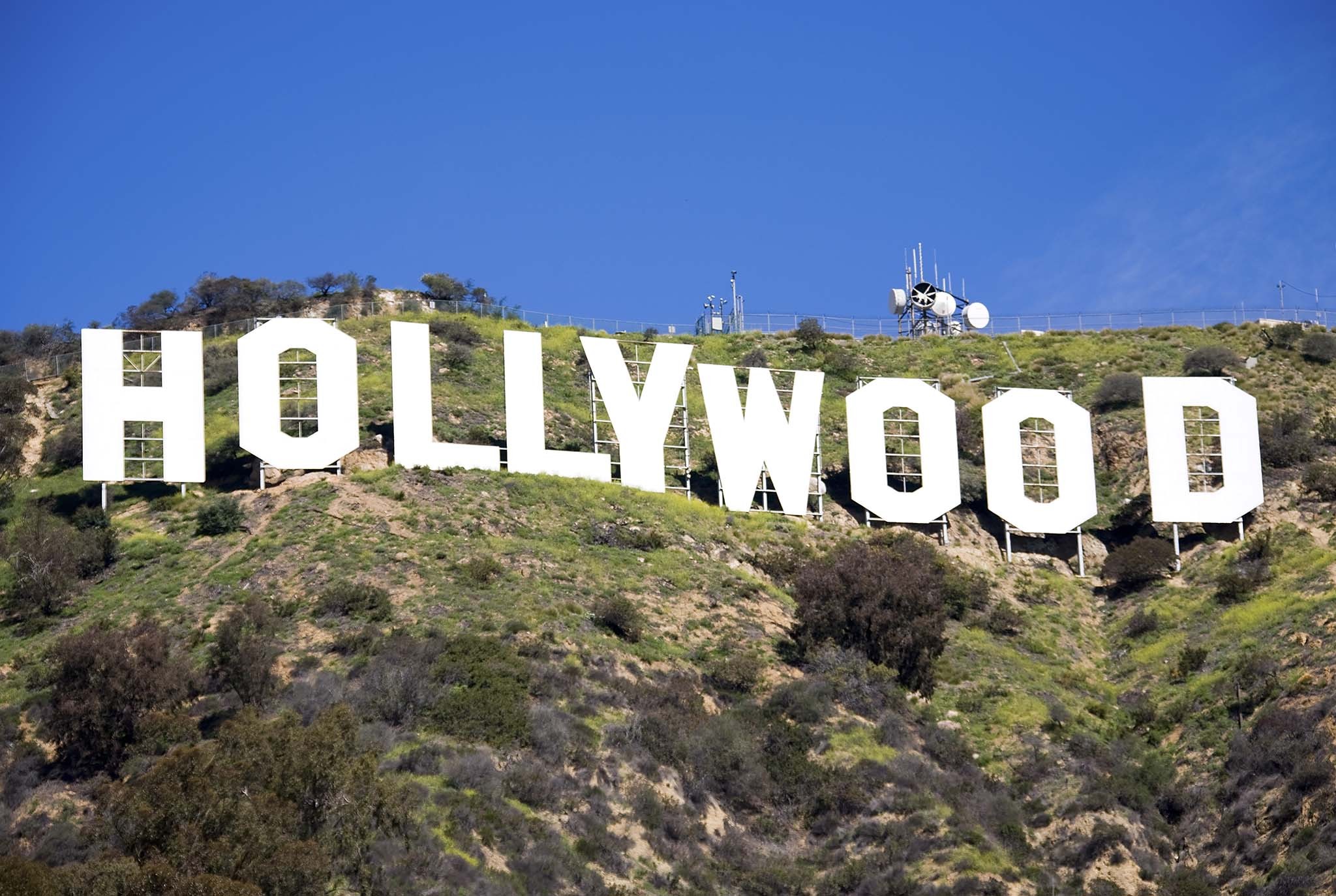Kaduna film festival seeks return of arts, culture ministry
By Moses Kolo
Organisers of the 8th Kaduna International Film Festival (KADIFF) have urged the Kaduna State Government to reintroduce the Ministry for Arts and Culture which served as a tool of social transformation.
Recall that in 2019, former Gov. Nasir El-Rufa’i had issued an Executive Order that restructured the State’s Ministries including abolishing the Ministry of Youth, Sports and Culture, under which Culture previously fell.
The ministry was replaced by the Ministry of Human Services and Social Development, effectively reducing the status of culture to a Department within a broader portfolio.
Mr Israel Audu, who emphasised the role of arts and culture as a catalyst for transformation, described cinema as “a mirror to our society” which reflects struggles, victories, and aspirations.
He said: “Like Tourism is a Department under the Ministry of Business, Innovation and Technology, which is also a new Ministry, we equally plead with the state government to have the Ministry of Arts and Culture like we used to.
“This, we believe, will create that the grassroots connection with the creatives as there are so many of them who do not even know how to access the government.
“We are hopeful that soon, we will have the Ministry for Arts and Culture back again in Kaduna State.”
Audu said film also inspired audiences to act on critical social issues such as inequality, gender equity, environmental sustainability, and human rights.
He said: “With this year’s theme, Film for Social Change, the festival seeks to highlight cinema’s unique ability to not only entertain but to provoke thought, raise awareness, and amplify underrepresented voices.
“Digital platforms have expanded the reach of socially impactful films as such, filmmakers should handle themes with care and truth and I encourage the audiences to embrace media literacy.
“Festivals like KADIFF are more than cultural showcases as they are engines of social transformation and economic growth through tourism, job creation, and intercultural exchange.
“The 2025 edition, holding from August 26th to 30th, features a rich lineup of masterclasses, screenings from over 15 countries and panel discussions.
“There are alsoncultural exhibitions, workshops, awards, and for the first time, a skill acquisition program in partnership with the ELS Empowerment Foundation.”
The executive director expressed appreciation to the sponsors, partners, and the state government under the leadership of Gov. Uba Sani for their unwavering support in making the festival a success.
Mrs Gloria Ibrahim, the Kaduna State Commissioner for Youths Development, who represented the Deputy Governor, Dr Hadiza Balarabe, applauded the resilience of the organisers for sustaining a festival which she said was one of the strong voices of creativity in the state and nation.
Balarabe described the theme: ‘Film for Social Change’, as both timely and profound, adding, “film is not only a medium of entertainment but also a force that speaks to the conscience of society, shapes values, educates, and inspires action.”
Highlighting the economic weight of the Nigerian film industry, she said that Nollywood, alongside music, contributed over N1.3 trillion to the nation’s GDP and provided employment for more than 4.2 million Nigerians.
She said: “Beyond the numbers are lives being touched, jobs being created, and communities being lifted.”
The deputy governor reiterated the state’s commitment to supporting the creative sector, recognising it as a vital driver of youthsbempowerment, job creation, tourism, and entrepreneurship.
She affirmed that platforms like KADIFF provided young people with opportunities to showcase their skills and connect with broader markets.
Balarabe commended the vision and perseverance of the festival’s organisers, urging more public and private stakeholders to invest in the creative industry.
“By investing here, you are not only promoting art and culture but also strengthening an industry with the potential to generate millions more jobs for Nigerians.
“With these strong endorsements, the 8th Kaduna International Film Festival set the stage for an engaging week of films, masterclasses, cultural showcases, and industry networking aimed at using cinema as a tool for social transformation,” she added.
The News Agency of Nigeria (NAN) reports that the highlights of the event included; cultural songs, dance, dramatic and comedy displays by respective invited groups.
Edited by Bashir Rabe Mani





